Biden administration set to blacklist more than 10 Chinese companies: Report
Tensions between Washington and Beijing continue to escalate as the Biden administration is set to blacklist more than 10 Chinese companies over alleged human rights issues and high-tech surveillance in Xinjiang, according to reports.
Quoting sources, Reuters on Friday said the additions to the US Commerce Department's Entity List are part of the US administration's efforts to “hold China accountable for human rights violations”.
It will follow the US government’s blacklisting of five other companies last month over allegations of forced labor in the far western region of China.
China has repeatedly dismissed accusations of genocide and forced labor in Xinjiang and says its policies are necessary to stamp out separatists and religious extremists who plotted attacks and stirred up tension between mostly Muslim ethnic Uyghurs and Han, China's largest ethnic group.
“The Chinese side will take all necessary measures to safeguard the legitimate rights and interests of Chinese companies and rejects U.S. attempts to interfere in China's internal affairs,” Chinese foreign ministry spokesman Wang Wenbin said on Friday.
Reuters report said the US Commerce Department plans to add 14 Chinese companies to the Entity List over reported abuses in Xinjiang, without identifying them.
Some companies from other countries will also be added to the department's blacklist as soon as Friday, the report said.
This is not the first time the US government has targeted Chinese firms linked to allegations of high-tech surveillance activity in Xinjiang province.
In 2019, the former US administration headed by Donald Trump added some of China’s top artificial intelligence companies to its economic blacklist over its treatment of Muslim minorities.
Under Trump, the US Commerce Department targeted 20 Chinese public security bureaus and eight companies including video surveillance firm Hikvision, as well as leaders in facial recognition technology SenseTime Group Ltd and Megvii Technology Ltd.
The rivalry between the two countries has intensified in recent years with China’s growing international clout and rapid economic progress, emerging as a viable counter-weight to the US.
The US Senate recently passed the United States Innovation and Competition Act 2021 to spend more than $250 billion to ensure that the US stays on top in terms of technological research and production, mainly to counter China.
The bill has been a rare point of agreement between Republicans and Democrats in the US.
Confronting "technology blockades"
Chinese President Xi Jinping on Tuesday urged political parties across the world to confront any country that seeks to stop another’s development and engages in “technology blockades.”
Xi made the remarks at the Communist Party of China (CPC) and World Political Parties Summit, in the presence of representatives from 160 countries such as Russia, Zimbabwe, Cuba, and Burkina Faso, making an indirect reference to the United States, which considers China its strategic competitor.
“Looking from the angle of ‘my country first,’ the world is narrow and crowded and often full of fierce competition,” Xi said, in apparent reference to former US president Donald Trump’s “America first” policy.
Last year, Washington imposed restrictions on Chinese tech giant Huawei, severely limiting its ability to use American technology to design and manufacture semiconductors produced for it abroad.
The sanctions came amid heightened US-China tensions and claims by Washington that Chinese firms are being used for spying, despite repeated denials by Beijing.

Russia launches ‘record’ strikes on Ukraine: Kiev
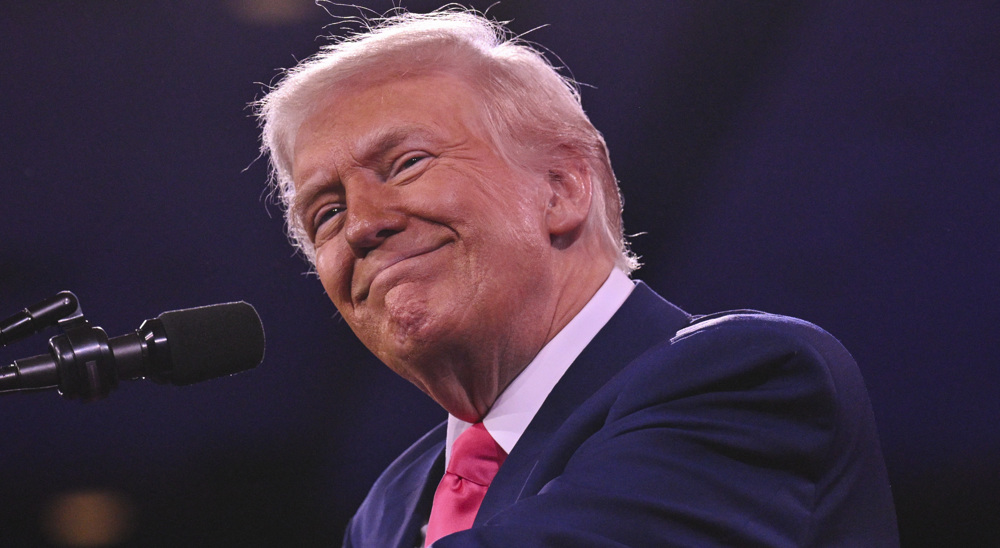
Trump wants return on Ukraine aid: ‘We’re getting our money back’

US B-52 bombers in West Asia do not scare Iran
Australian senator smeared by anti-Iran groups for saying Iranian women 'have a voice'
Hezbollah's display of power proved resistance cannot be eliminated: Iran parl. speaker
Israel escalates West Bank raids as official says regime seeking to complete Gaza genocide
Palestinian man dies in Israeli prison as Foreign Ministry urges intl. probe into regime’s crimes
Putin says not opposed to Europeans’ involvement in Ukraine talks
VIDEO | Iranian Kurdish protesters demand European action against PKK, PJAK terror
VIDEO | Israel expands offensive in northern West Bank, deploys tanks to Jenin
VIDEO | Spaniards fill streets of Cádiz in solidarity with Palestine


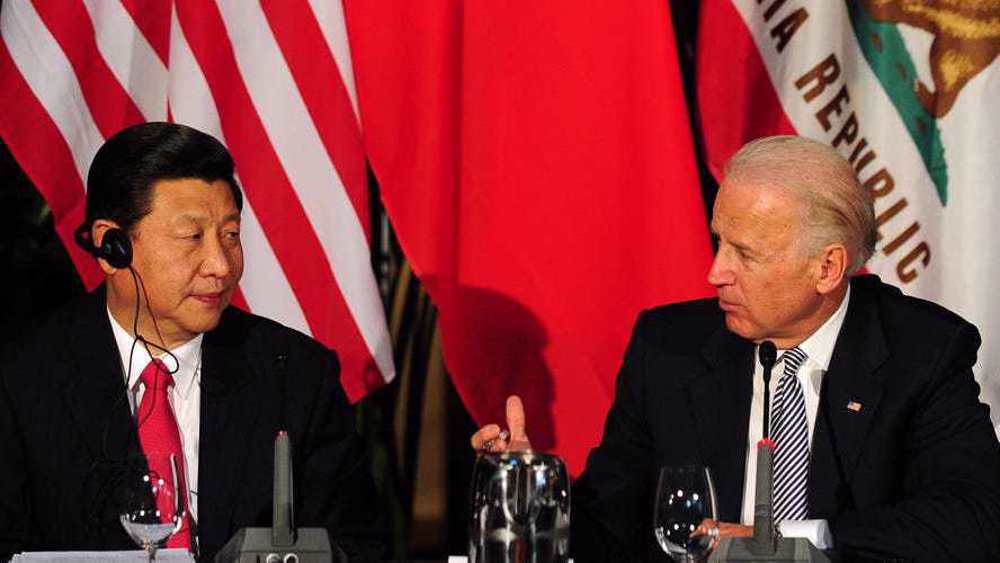
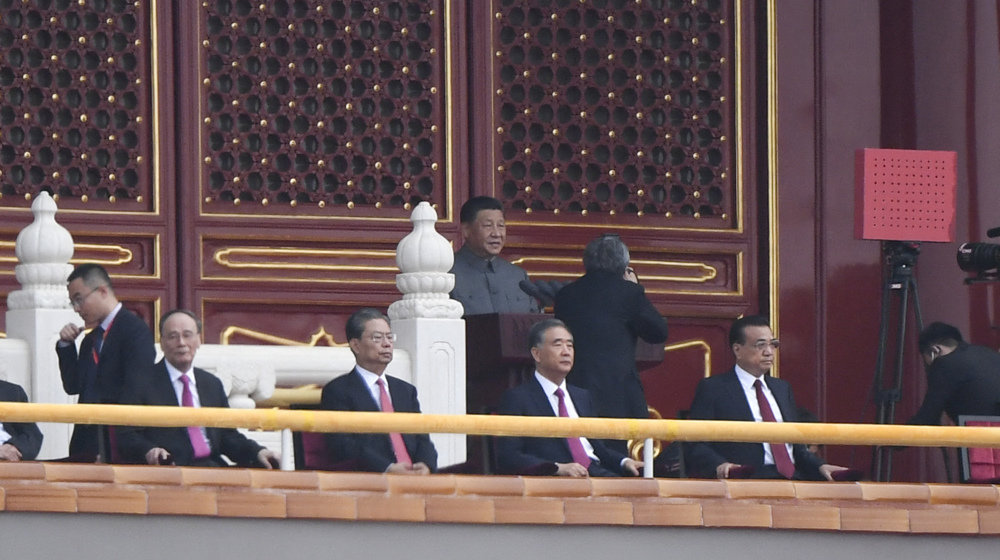



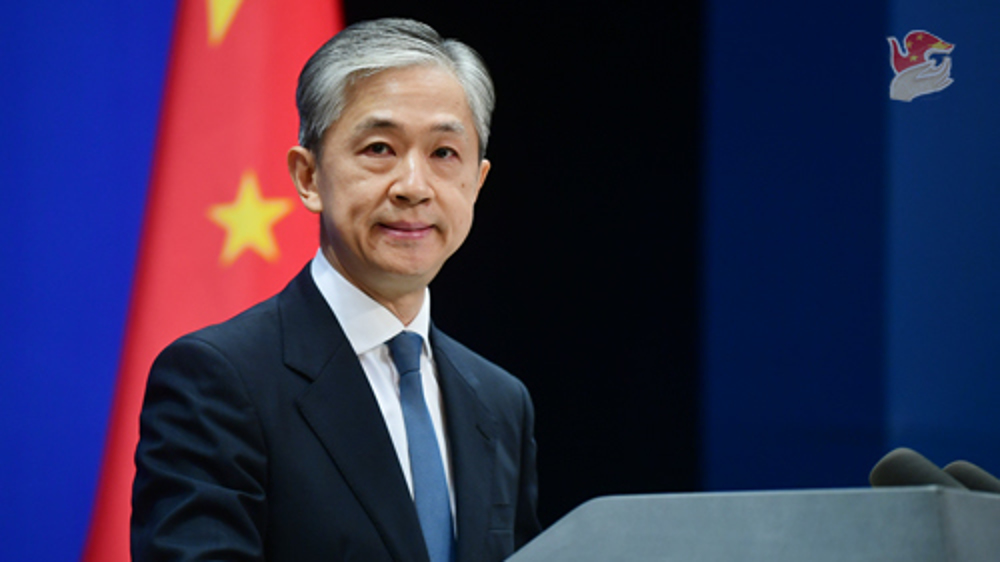
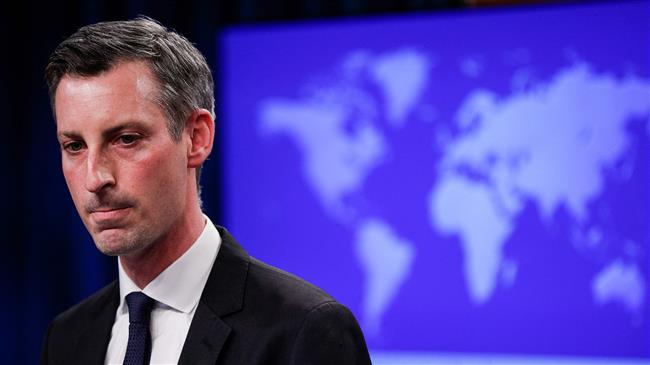
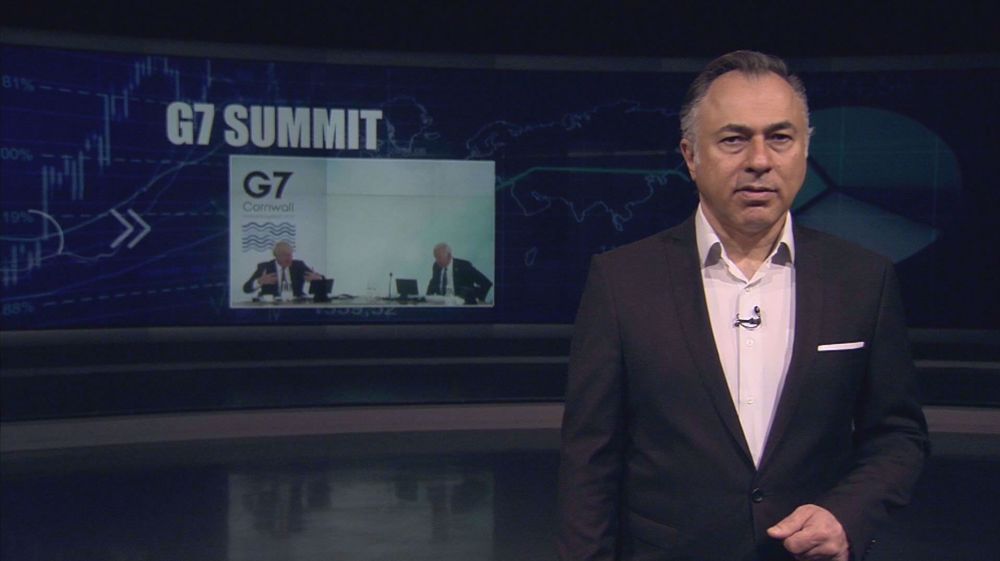

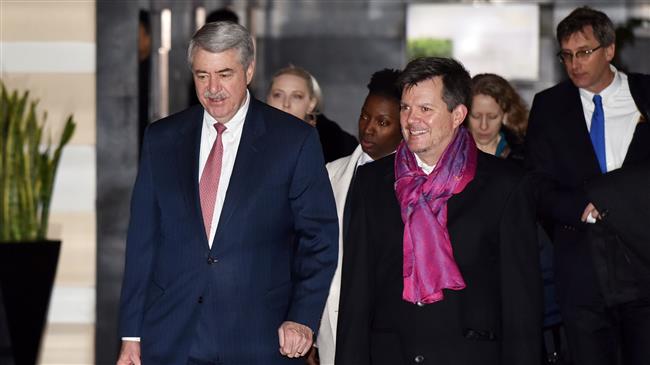

 This makes it easy to access the Press TV website
This makes it easy to access the Press TV website